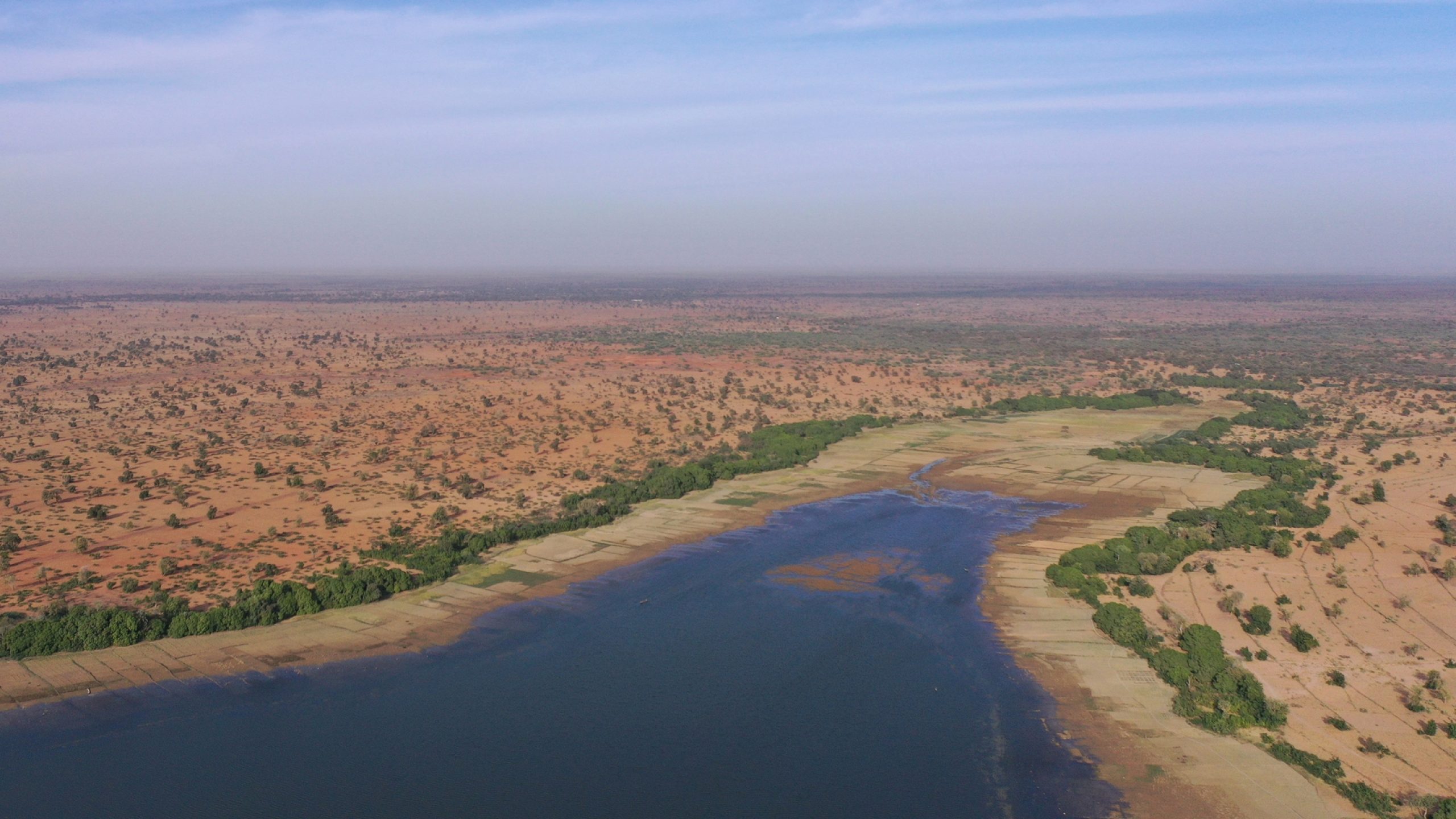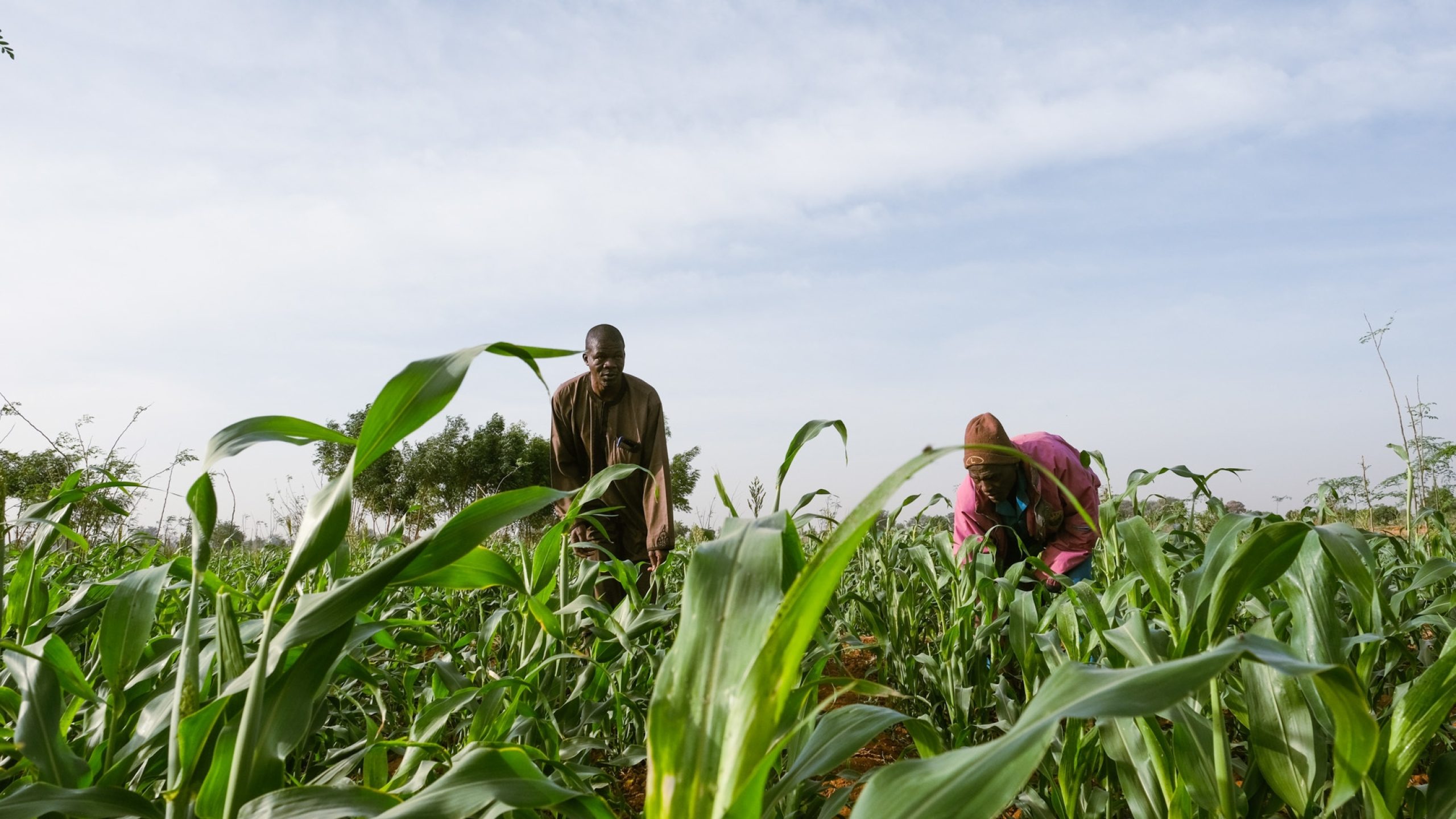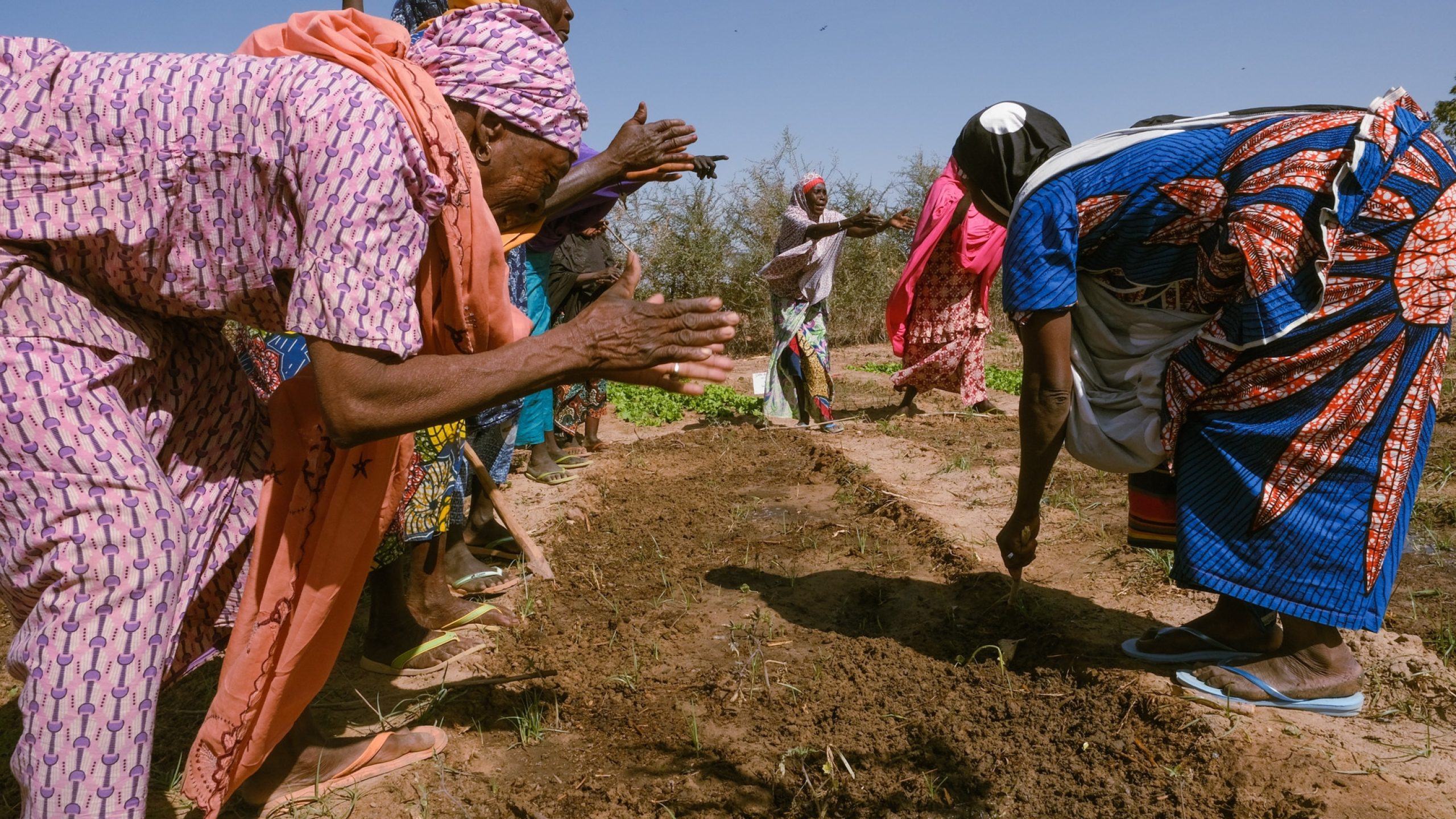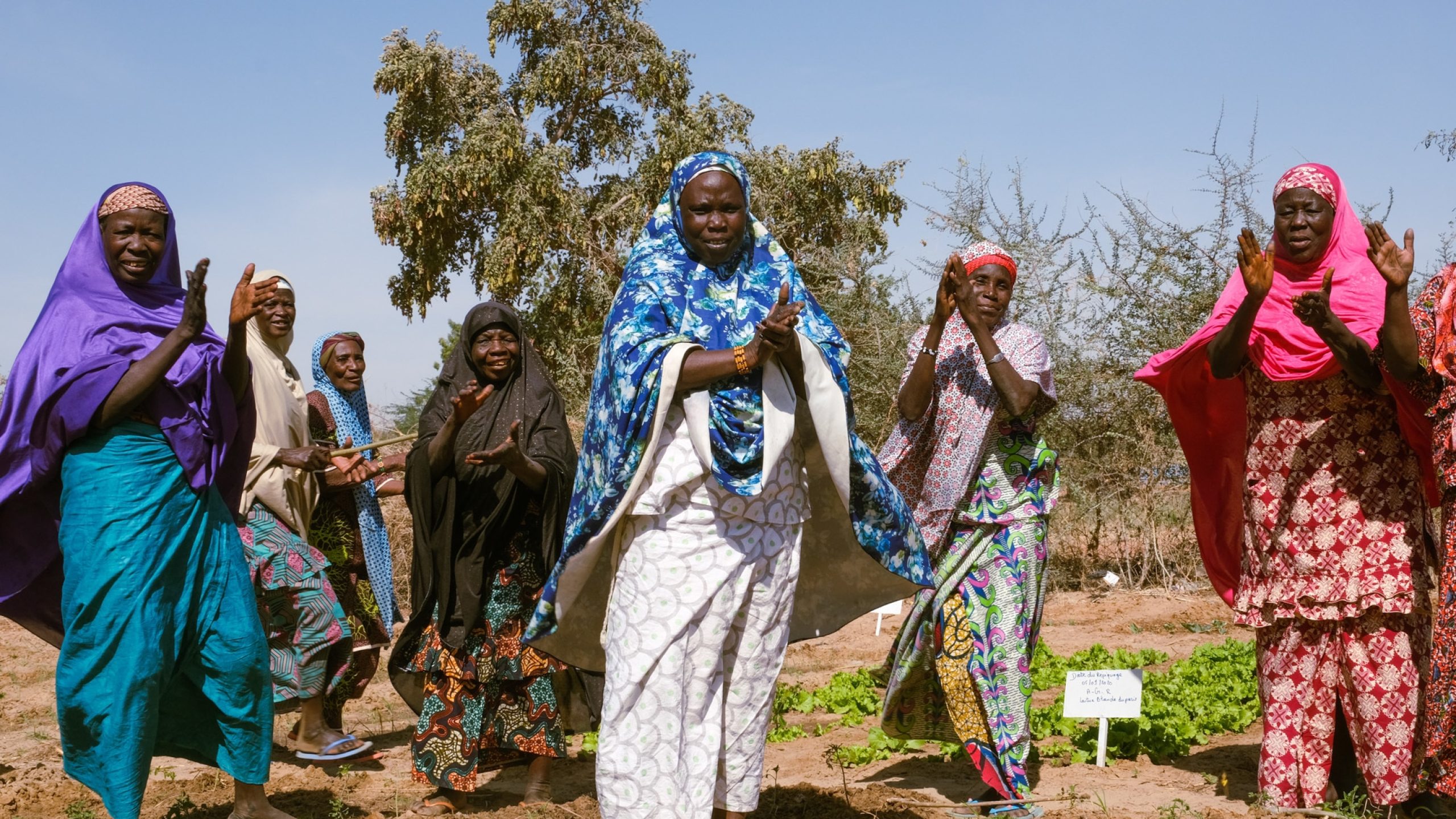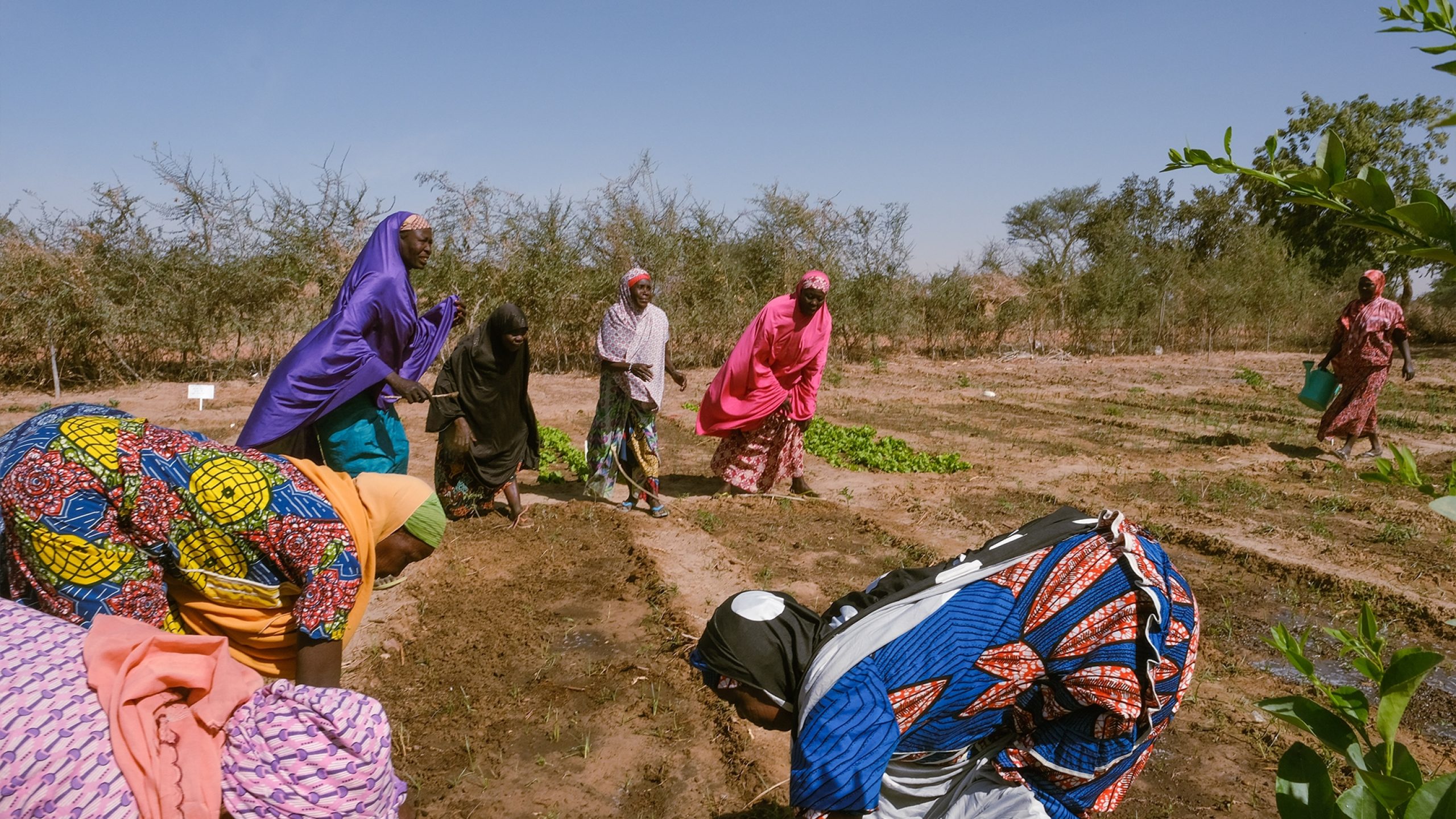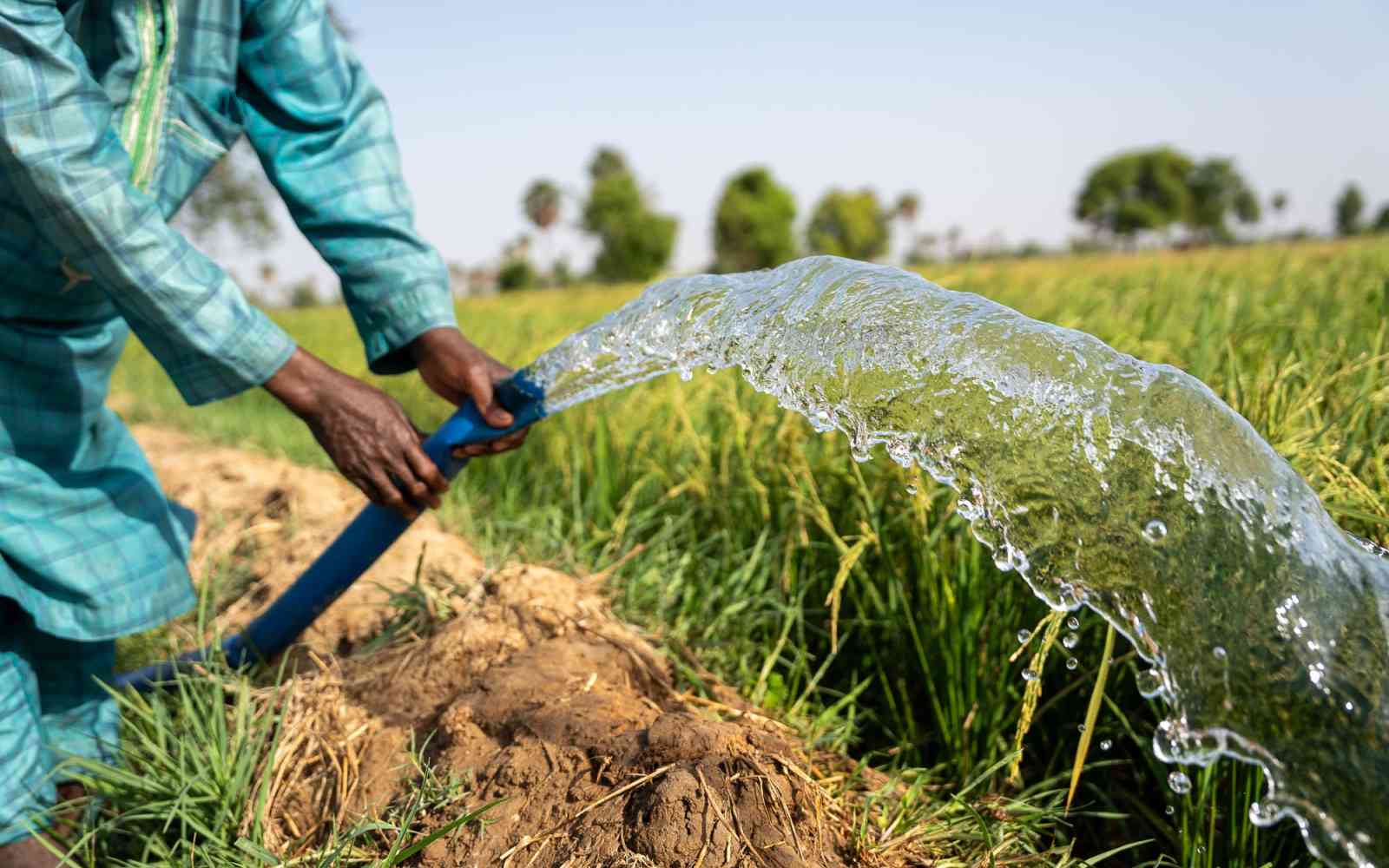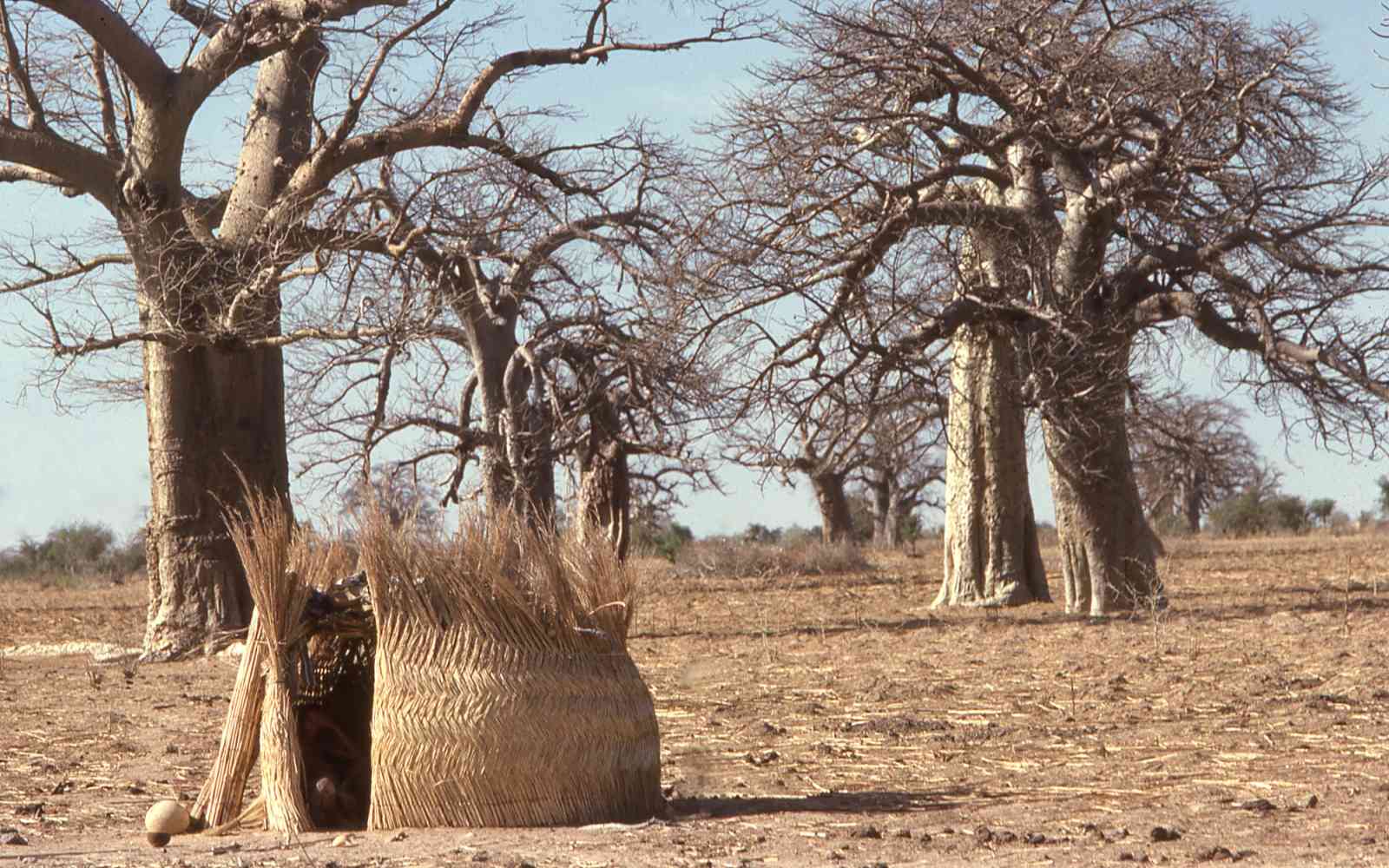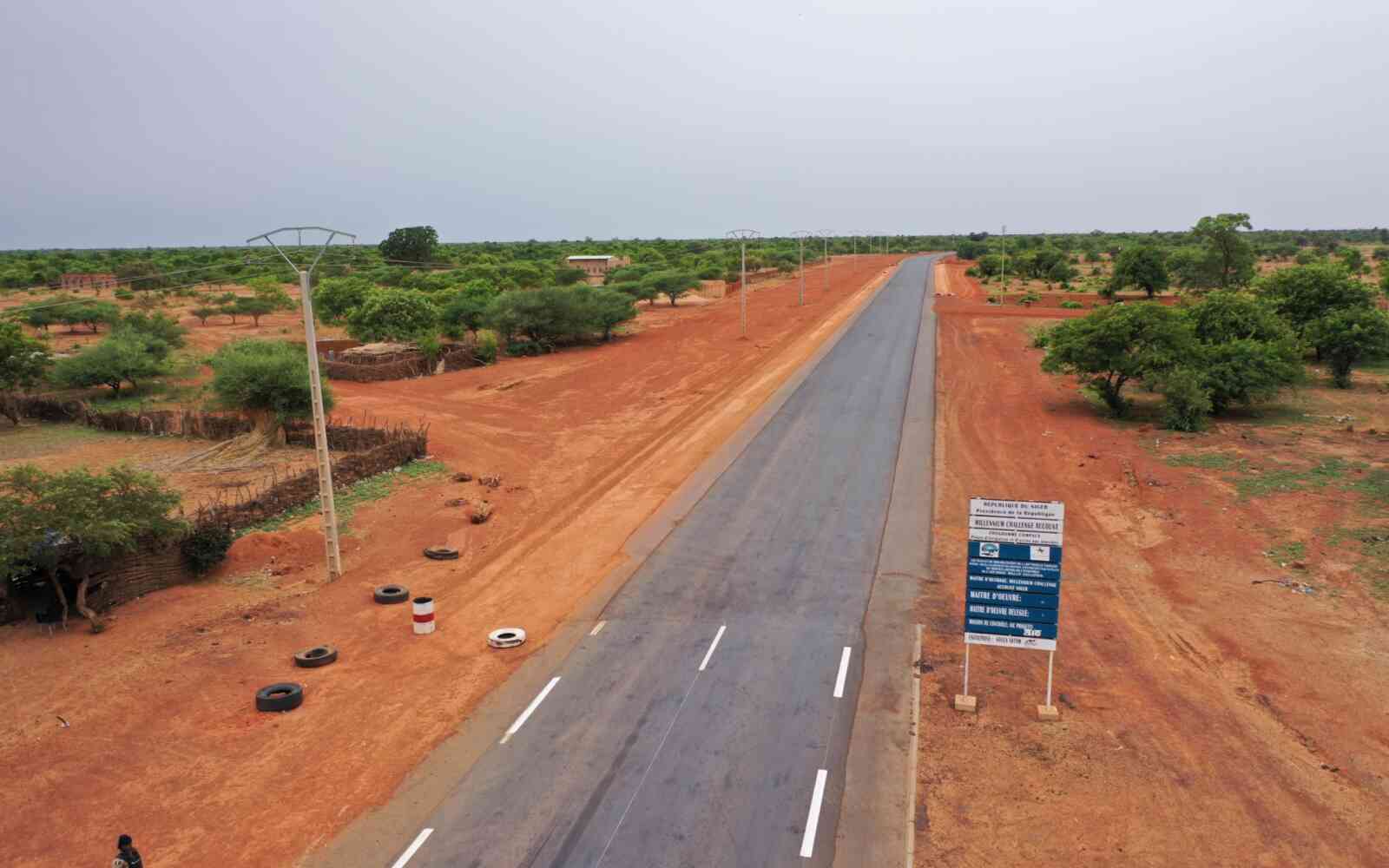The United Nations Office for Project Services (UNOPS)

Better prospects for Niger’s farmers
Greater support for farmers in Niger is helping to improve food security, boost local economies and make communities more resilient.
With the highest birth rate in the world, recurring droughts exacerbated by climate change and a lack of arable land and access to water, producing enough food to sustain Niger’s rapidly growing population is an enormous challenge.
Roughly 80 per cent of the landlocked country lies in the Sahara desert and the majority of its 23 million people live in the arable areas in the south and west. Niger's economy depends heavily on agricultural activities and many people depend on animal herding and subsistence crops such as corn and sorghum to survive and earn a living. The various challenges the country faces are being intensified by global warming and present a persistent threat to food security, sustainable development and economic growth.
Did you know?
- Agriculture makes up almost 40 per cent of Niger’s gross domestic product and more than 80 per cent of the population live in rural areas. It is estimated that one-fifth of the population are unable to meet their food needs.
“Climate change poses a major threat to communities in Niger, where more than 80 per cent of the population rely on agriculture for livelihoods. As we know, temperatures in the Sahel are rising 1.5 times faster than the rest of the world. It’s exacerbating already harsh climatic conditions, putting additional pressure on farmers and resources,” says Abdalah Adamou Maiguizo, Director of the Climate-Resilient Communities Project, MCA-Niger.
To help improve food security for its growing population and address climate-related challenges, UNOPS is supporting the Millennium Challenge Account-Niger (MCA-Niger) to deliver an ambitious programme – funded by the Millennium Challenge Corporation – that aims to harness the country’s agricultural potential, boost economic development and ensure a more sustainable approach to using natural resources.
The end goal: help communities become more resilient.




Better water infrastructure
Better water infrastructure
Niger receives rainfall just three months of the year between June and September. This makes access to water one of the biggest challenges facing local farmers, who have to find other ways to irrigate their farms for the remainder of the year.
In Birni-N'Konni, a department in the Tahoua Region close to the border with Nigeria, an irrigation system has supplied water to farmlands for more than 40 years. At one time, it provided irrigation to some 3,000 hectares of land in the area. But over the years, the system has fallen into disrepair, causing leakages that have reduced capacity significantly. This in turn has affected crop yields and farmers have been forced to seek alternatives to irrigate their lands – such as digging water wells, which can be vulnerable to flooding and are insufficient for large areas of land.

For farmers like Hamza Saidou, repairing and developing existing irrigation infrastructure can help boost agricultural yield, benefiting local economies and enhancing food security.

The crops that I cultivate require a lot of water, so I have to draw more water from the well. But with the rehabilitation project, I could even increase the moringa seeds.
To increase water supply to farms in Birni-N’Konni, two dams will be rehabilitated and the existing irrigation system repaired and extended – increasing the irrigation capacity to 5,000 hectares of land.
Access to markets
Access to markets
Improving the availability of water is only one part of addressing the challenges faced by these communities. Securing buyers for freshly harvested produce is another difficulty affecting farmers like Hamza.
“Our concern right now is that the onions are ready for harvest and it’s been a week that I’m looking for a buyer, but nothing. It’s always a major worry,” says Hamza.
To create better market access, a network connecting local farmers with private companies will be established, helping increase competitiveness and trade opportunities.
As part of the MCA-Niger programme, the government also plans to open up its agricultural market to neighbouring countries to facilitate cross-border trade. This will particularly benefit farmers living around Birni-N'Konni, given their close proximity to Niger’s border with Nigeria.


Supporting women farmers
Supporting women farmers
In the nearby Maradi Region, women traditionally play a crucial role in agricultural activities and form the backbone of local food production. Women comprise around 70 per cent of the country’s agricultural labour force. Yet, crop yields produced by women tend to be significantly less than those produced by men.
Systematic gender inequalities in agriculture are prevalent throughout Maradi and elsewhere in the country, which can be seen in the lack of access women have to newer farming technologies, market loans and credit services, as well as in rates of land ownership.
Addressing these challenges is a key step in helping to empower women, increase food production and enable communities to become more resilient.
Meri Mahaman is the head of a female farmers union in El Kolta, where food shortages mean residents often have to travel to neighbouring towns to buy vital supplies. This means more time spent travelling to get food and less focus on developing local agriculture. “If people here stop buying food elsewhere, it will help our [local] economy and food will be in abundance,” explains Meri.
To help develop local agricultural production in Maradi, special grants and marketing loans are being provided to female farmers like Meri to help them develop their farms and agricultural capacity. The grants are typically used to purchase stock and build infrastructure like storage facilities and equipment.
If every woman in this town found a job or had enough money, [...] their suffering would be over. They would flourish.

Healthy livestock
Healthy livestock
The availability of grazing land is another issue challenging food security in Niger. Land shortages not only affect farmers, but herders as well, who have seen the amount of land available for pasture decrease over the years.
“You know, before there were not many residents here. But now, there are too many people. So, the little space there was left for cultivation and for grazing has now been totally cultivated,” explains Harouna Garba, a cattle breeder of 15 years.
The lack of pastoral land means breeders must often buy animal feed to sustain their herds – an additional expense that many households simply cannot afford.
Did you know?
- A transhumance corridor is an area of land that has been demarcated for herders and their animals to access grazing land. Dedicating such land helps ensure available food for livestock and protects farming land from crop damage, reducing the risk of conflicts arising between herders and farmers.

Sometimes, we must sacrifice, not eating in order to be able to buy food for the cows because we don’t have enough money and since there is not enough pasture.
The creation of a 180-kilometre transhumance corridor in the Maradi region aims to alleviate the lack of grazing land by providing dedicated pastoral land for herders. New infrastructure will help ensure the availability of drinking water along the corridor.
A large-scale livestock vaccination programme is also helping prevent deadly diseases and improve the overall health of livestock.
Before the vaccinations, they [the animals] were not in good shape. Before we started the vaccinations, we had a lot of problems because there was a disease that attacked our cattle.





About the programme
Delivered through the Millennium Challenge Account-Niger, the $437 million programme is funded by the Millennium Challenge Corporation. MCA-Niger is a special entity set up by the Nigerien government to manage the funds and is supported by UNOPS, which is providing technical and administrative assistance for the programme.
Set to benefit 4 million people in the regions of Dosso, Maradi, Tahoua and Tillabéri, the five-year programme comprises two projects that aim to reduce poverty and promote economic growth.
The Irrigation and Market Access Project aims to rehabilitate and construct new and existing irrigation systems, increasing irrigation capacity to 5,000 hectares of land.
To create better access to markets, over 300 kilometres of roads will be rehabilitated through the project while sectoral reforms will help improve land and natural resource management, road maintenance and the availability of affordable quality fertilizers. Training for farmers will help ensure knowledge transfer of marketing practices and of irrigation infrastructure maintenance.
The Climate-Resilient Communities Project will provide support to pastoral activities through better animal disease control, the upgrading of water infrastructure and pasture along transhumance corridors, and the modernization of livestock market infrastructure, benefiting over 3.4 million people.
The project will also promote climate-resilient agriculture through grants and training activities to more than 300,000 households.









